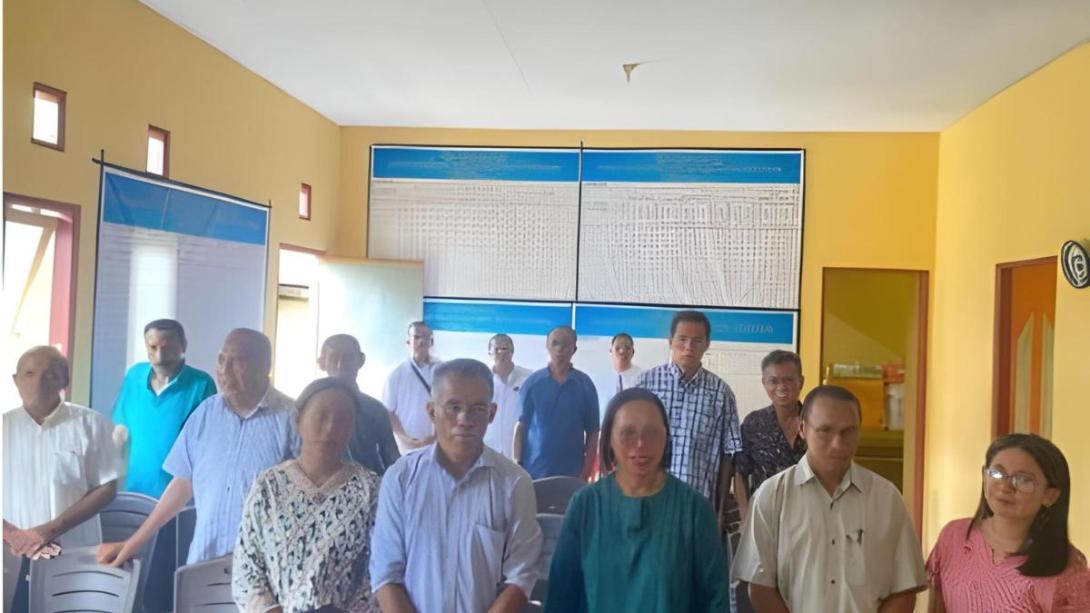
“As a leader, I’ve learned how to step back and let others bloom. It’s powerful to see young people rise with purpose.”
The goal of this project is to provide different methods of social change among the community of Hulaliu village to create a solid understanding of preserving coral reefs and protecting the coastal areas.
Main Objectives:
- Educating Community: Provide different methods of ‘getting to know’ coral reefs at primary schools and community levels.
- Emphasizing the importance of preserving coral reefs and coastal areas to the local government.
- Conducting a post-survey to analyze the success rate of increased awareness in preserving coral reefs and protecting the coastal areas in Hulaliu village.
The project led by Engel Laisina under the #TarusJagaRumah initiative focused on increasing public awareness of coral reef conservation in Hulaliu Village, Maluku Province. Rooted in the belief that local communities are stewards of their environment, the project used a grassroots approach to involve schools, youth groups, and local authorities. A combination of school sessions, community clean-up, discussions, and advocacy efforts were conducted to educate and empower participants to understand the ecological importance of coral reefs and coastal areas.
Activities included two school-based learning sessions with primary and junior high students using interactive games and group discussions. The project also organized a beach clean-up campaign, an informal village discussion, and a formal advocacy meeting with 14 village-level stakeholders, including principals, religious leaders, and government officials. These sessions helped raise urgent concerns about environmental degradation and sparked conversations about integrating environmental values into future village regulations.

Despite some logistical delays and challenges such as limited time and resource constraints, the project made significant strides in building awareness. While the final post-project survey is scheduled for March 2025, early indicators show positive behavioral changes, especially among youth. The team also began shaping a more sustainable and practical theory of change, shifting from ambitious regulation outcomes to incremental community-led environmental action. The project demonstrates how local storytelling, participation, and reflection can spark environmental consciousness in small island communities.

